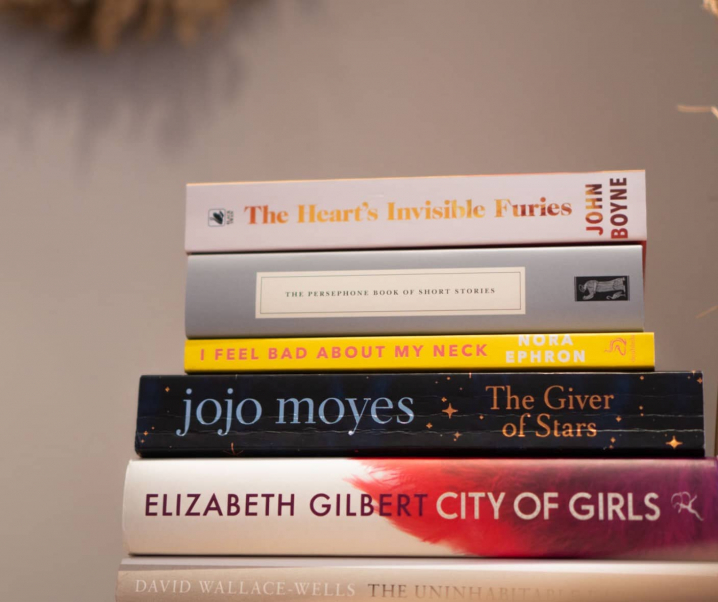Something dawned on me the other day; I never say goodbye to any of my friends when we’re chatting on social media. It’s almost a given, an unwritten rule, that I’m always available. In fact, if I was to text a friend to say “g2g, sorry”, I’d feel a bit rude.
I thought back to when I said g2g for the last time. It was probably when I was 17 and on MSN. Whenever my Mum wanted to call somebody on the house phone, I had to quickly type “g2g” in all my chat messages. Remember the days when you could only use the internet or the home phone, and having the internet on your mobile phone wasn’t even a thing?
That was 12 years ago, pre-social media.
12 years seems like such an insignificant amount of time, given the cyclopean evolution of technology.
It was a time when I used to play Snake with the same vigour and attention to detail that I’d later put into scrolling through a social media app that wasn’t even invented at the time.
We laugh at those days now. “Do you REMEMBER those days? The kids of today won’t know what it was like.” Those “days” we refer to like we’re retelling war stories were 12 years ago, and it really does beg the question of what the next 12 will bring.
We don’t say goodbye anymore
It’s quite simple, there’s no need to say goodbye because we never go anywhere. The deconstruction of the traditional conversation has been almost entirely removed from online conversations (with the exception of email).
In fact, what has replaced it on social media is a ‘like’. When the conversation comes to an end, instead of saying ‘goodbye’ we double tap on Instagram messages and we like Twitter and Facebook messages.
It’s an unwritten rule, an “I’m done now” without actually uttering the words goodbye.
We see losing tradition as a negative
We do, right?
The fall in people eating a Sunday roast with their families, the way children just want to be on their mobile phones. These things are met with negativity and the way we communicate is much of the same.
What if we turned it on its head, though?
Let’s start by looking at loneliness. Research has found that texting has helped to combat feelings of loneliness. It’s nice to be able to pick up your phone and have your friends at your fingertips.
When you’re in need of a chat, perhaps you want to bypass the niceties — the hellos, the how are yous? and just jump straight into “I’m having a crap day.”
The new social construct means that this is possible without raising alarm. My friends and I jump from heavy chats about where our lives are going to the dissection of a celebrity’s Instagram post with literary ease.
This (at least in my opinion) is positive.
Ghosting
Of course, it’s not all positive.
Ghosting has always happened in one form or another but it’s never been more prevalent (or hurtful) than in the age of technology.
Seeing a person has read your message and chosen to ignore it is like attending a circus in your own mind, and it’s one you can’t leave. It’s something widely and eloquently written about. I particularly liked this piece by Rosie Gizauskas on how being ghosted put her in therapy.
As I said, this isn’t unique to our generation, but it’s something we can trace a lot easier now.
Having somebody ignore you but then watching their Instagram Stories is akin to the time I went on a date, left because of a “fake emergency” and then had to wait outside for 20 minutes for my mum to pick me up while he watched me through the window.
What’s the outcome?
Times have changed and it’d be short-sighted to expect people to respond to a WhatsApp message with their phone number.
Do you remember when you used to call older people and they’d say “hello, 854282”?
As a writer, I’m still waiting for letters to come back into fashion, but the truth is that we have to adapt. If we don’t then we’ll get left behind.
For me, there’s merit in picking up my phone right now and being able to type the most obscure thing humanly possible into my group chat and have my friends reply without skipping a beat.
Trying to see the good in progress rather than clinging onto the nostalgic aspects of the past is hard, but rewarding. After all, there were plenty of times when I was 17 when I’d long for the simplicity of childhood.
Life does move on, and to be truly happy, I think we all have to move along with it.
If you’d like to do some further reading, give my latest blog post, featuring all of my 2020 goals, a read.
Featuredmental healthopinionsocial mediawellbeing














